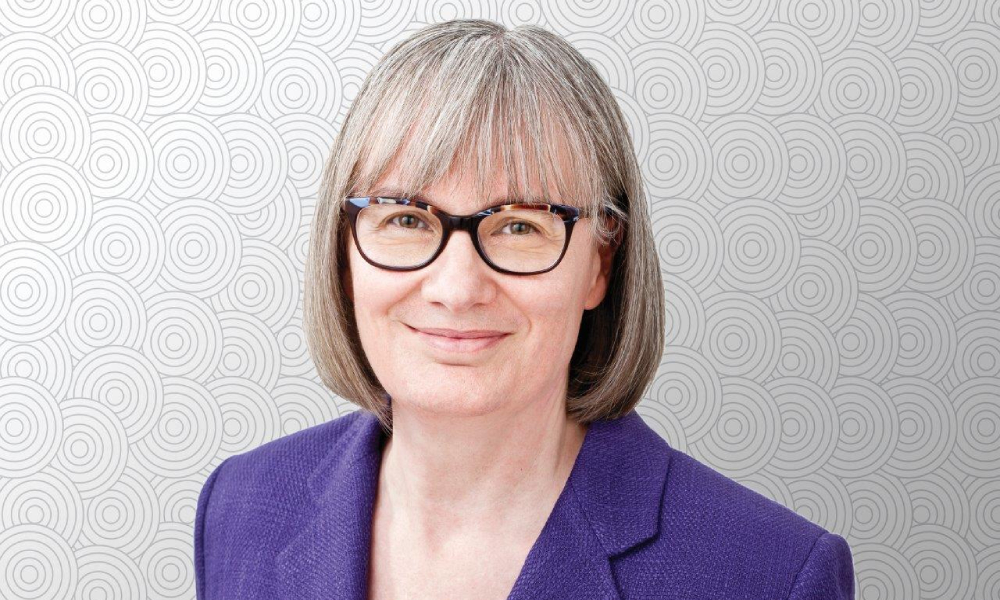
Further digitalization of system and strengthening of unified family court, among reforms suggested

In response to a Law Society of Ontario consultation on a model licensing framework for non-lawyers providing family law services, the Toronto Lawyers Association says there is no evidence this substitute will provide more affordable services and help alleviate the access-to-justice crisis.
“There is no doubt there is a tremendous access to justice crisis in the delivery of family law in Ontario, as there is in other areas of law,” says Sarah Boulby, chair of the family and estates committee of the Toronto Lawyers Association.
“But no work has been done to date on whether or not having… Family Law Service Providers would actually result in lower fees and cheaper family law services… Paralegals will be in business, just like lawyers are in business, they will have basically the same expenses that lawyers have.”
The TLA has proposed alternatives. Further digitalization of the system, the expansion of the Unified Family Court, increasing subsidized mediation at the Unified Family Court, as well as a levy on all lawyer licenses to help fund family law services are a few of the suggestions in the TLA’s response to the LSO’s consultation. Boulby says she would also like to see the harnessing of artificial intelligence in delivering family services and other technical changes such as “internet-based law firms.”
The “elephant in the room” is that the explosion of self-reps in the system happened after legal aid was cut “drastically” in the 1990s, she says.
“They've never been restored. So that's something that we would like to see. And it would make a huge difference,” says Boulby.
Boulby is a family lawyer practising at Boulby Weinberg LLP, is a director of the Toronto Lawyers Association and fellow of the International Academy of Family Lawyers.
In 2016, the Law Society of Ontario and the Provincial Ministry of the Attorney General tasked Justice Annemarie Bonkalo with undertaking the Family Legal Services Review. Bonkalo’s report found that 57 per cent of those appearing in family court were without legal representation. Bonkalo also delivered statistics which showed that self-reps fared worse in these proceedings than those with legal representation.
Among the report’s recommendations was creating a special license for paralegals to provide certain types of family legal services. In June of this year, the LSO’s access to justice committee put out a consultation on a model licensing framework for a new Family Legal Service Provider license.
The LSO has been responding to the fact that family-law services for middle-income Ontarians are largely out of reach, says Boulby. This group is below the income level for which legal fees are digestible and above those on the lower end who have access to legal aid.
“So the professed goal of this program of having legal service providers is to have them act for people in that range of between $30-and-$75,000 a year, and those people obviously have very little money to put to legal fees,” she says.
The TLA does not believe family service providers will alleviate the access to justice crisis but will result in a “major diversion of energy” from practical changes that could help, says Boulby. Nor does the LSO proposal serve the Law Society’s public protection mandate by allowing Ontarians to be confident that when they hire a licensee, that licensee has the skills and competence to do the job they have been hired to do, she says.
Family is a broad area of law, says Boubly. Practitioners need to understand tax, property law, contracts, bankruptcy and criminal law, and must be equipped with barrister skills.
“It's one of the more complex areas of law, which I think maybe on the outside people don't always think about,” she says.
The LSO’s access to justice committee has not addressed the question of insurance, says Boulby. Paralegals will be a higher risk than lawyers to insurers because they will be doing some of the same work, with less education and a lower skill level, she says. In Toronto, the average house is worth $1 million, and when you add RSPs and other investments, there is a lot of money at stake in the typical family-law matter, says Boulby.
“They haven't looked into whether or not the private insurance market will be willing to insure paralegals. But if they are, the costs will be high for that,” she says.